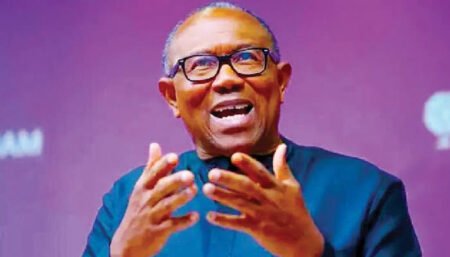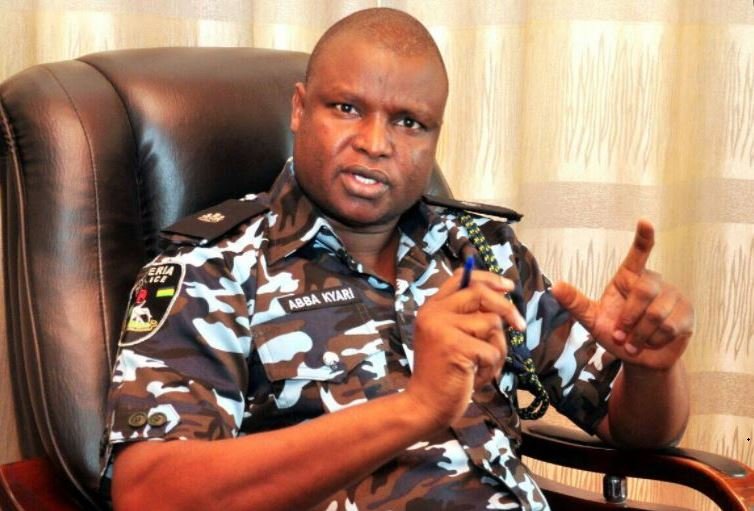The Dangote Petroleum Refinery and Petrochemicals has appointed David Bird, former head of Oman’s Duqm Refinery, as its new Chief Executive Officer in a strategic leadership shake-up aimed at resolving production challenges and accelerating expansion efforts.
According to a report by S&P Global, Bird now leads the petroleum and petrochemicals division of the Dangote Group, effective from July 2025. He previously served as Shell’s Head of Operations at the Balau Pokom refinery before heading the Duqm refinery as CEO of OQ8.
The new appointment follows ongoing efforts to scale output at the 650,000 barrels-per-day refinery, touted as the world’s largest single-train facility, commissioned in January 2024.
A source confirmed Bird’s attendance at the recently concluded Dangote Leadership Development Program Graduation Ceremony, highlighting the company’s internal commitment to leadership development.
S&P Global noted: “Nigeria’s Dangote Group has appointed the former head of Oman’s Duqm refinery as CEO of its petroleum and petrochemicals business as it strives to overcome production challenges and advance its next wave of expansion.”
Despite the leadership change, Aliko Dangote remains chairman of the refining business and CEO of the larger Dangote Group, which has interests spanning cement, fertilizers, and sugar refining.
Bird is expected to leverage his Duqm experience—especially in crude diversification and expansion—for the benefit of Dangote’s Lagos-based complex. As CEO, he will focus on improving output, efficiency, and cross-continental growth.
In his comments on the new role, Bird stated that his goal is to advance the group’s reach beyond Nigeria, “My focus at Dangote will involve advancing the group’s footprint beyond the Nigerian market and across the African continent.”
A LinkedIn update also emphasized his mandate to ensure maximum output and efficiency and to make the group a leader in the global market.
The leadership change follows technical setbacks, including unit upsets and design issues that have disrupted full-scale operations. Despite these, the refinery has quickly captured a large share of the Nigerian fuel market, reducing dependence on gasoline imports.
In recent statements, Aliko Dangote criticized economic challenges and trade practices, saying: “Rent-seeking trade partners and substandard fuel imports” have strained operations.
Bird, speaking to Platts in a prior interview, described his strategy as trading-led, centered on high utilization, efficiency, and feedstock flexibility. His approach aligns with Dangote’s shift to processing a more varied mix of crude, spurred in part by limited availability of Nigerian feedstock.
However, the refinery is bound by a naira-based agreement to sell a fixed volume of oil products into the domestic market through the Nigerian National Petroleum Company, a 7.2% stakeholder in the project.
Looking ahead, Dangote Group plans to expand capacity to 700,000 b/d, build out port facilities, and establish overseas storage in Namibia and other locations. It also intends to launch a 4,000-strong fleet of CNG-powered trucks this August to support its new distribution network.
The group is also working toward a dual listing of the refining business on both the London and Lagos stock exchanges. Dangote has reiterated his intention to make the refinery public.
In spite of early ramp-up surprises that impacted global benchmarks in 2024, ongoing mechanical issues have hindered consistent operations. The refinery’s residue fluid catalytic cracker (RFCC) began test runs in Q3 2024 but has experienced repeated outages through 2025, forcing reliance on less efficient units.
In July, a company executive told Platts that the RFCC was operating at “85 per cent” and dismissed speculation about a planned December turnaround.
S&P Global Commodities at Sea reports show that in July 2025, Nigeria exported around 220,000 b/d of refined petroleum—majority supplied by Dangote due to outages at NNPC facilities.
Breakdown of exports reveals jet fuel accounted for 45%, gasoil for 24%, and residual fuel for 30,000 b/d, which under normal operations would have been further refined on-site.
With David Bird now at the helm, industry observers are watching closely to see if the Dangote refinery can overcome its current hurdles and cement its place as a dominant force in Africa’s refining industry.











